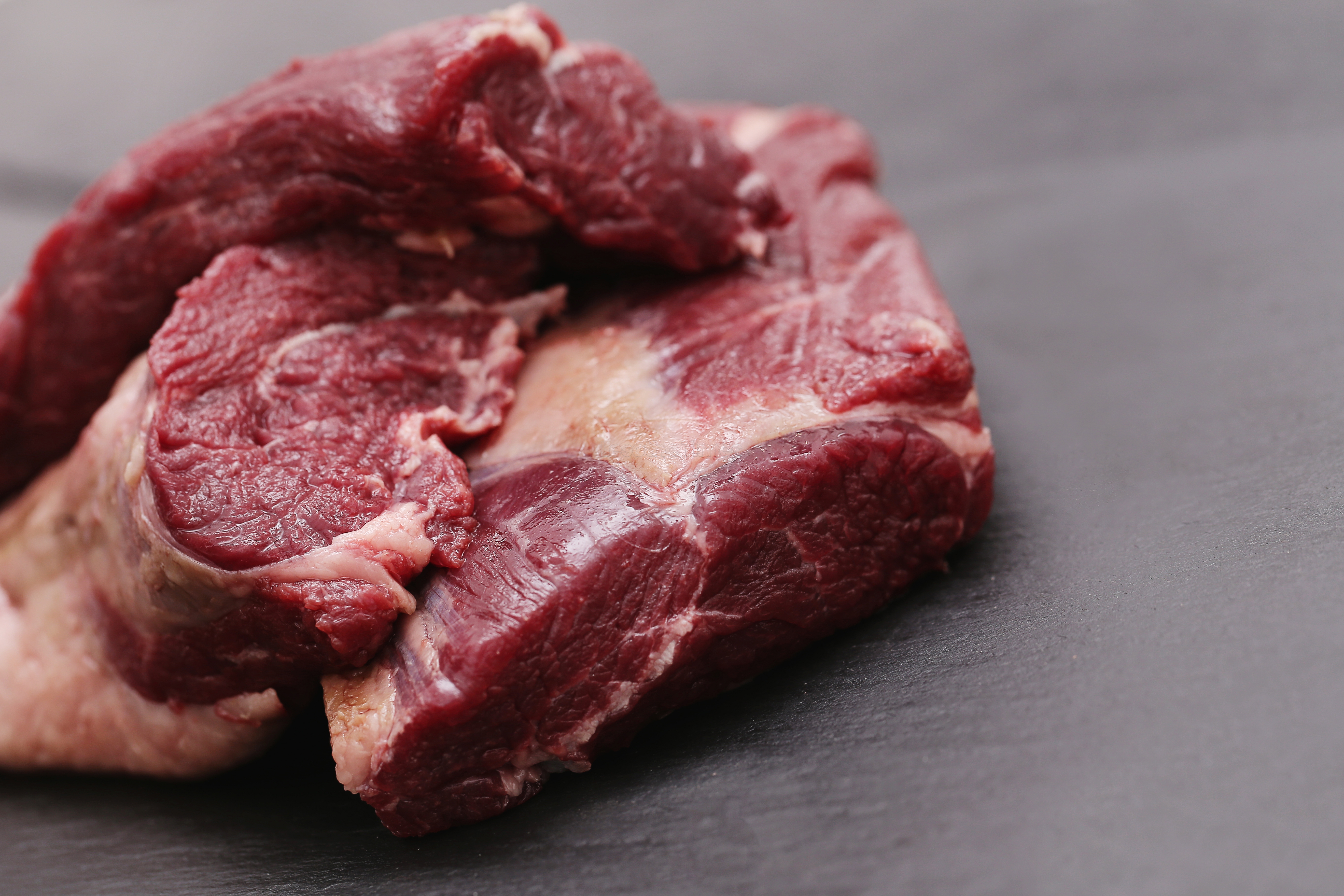Moroke Sekoboto
A LOCAL company, Phallo Beef, is set to produce an assortment of high grade beef products which Basotho can start buying from November 2025.
The Ministry of Agriculture, Food Security and Nutrition has endorsed Phallo Beef as the company capable to supply the entire country with high quality grades A and B beef.
Agriculture, Food Security and Nutrition Minister, Thabo Mofosi said the project was in line with the government’s policy of strengthening farming, one of the key sectors earmarked by the government to end poverty.
The M235 million project will see a state-of-the-art abattoir erected in Thabana Tṧoana in Berea district, with satellite feedlots erected in the rest of the nine districts. The abattoir is expected to start offering all kinds of beef, from carcasses to processed meats from November 2025.
A Netherlands company, Marel, has been contracted to construct a line which can slaughter 320 cows per day. The construction is slated to start in July this year.
According to Phallo Beef founder and president, Sebabatso Makoanyane, the abattoir will therefore need 92 160 cattle which they intend to source from Basotho.
He said they would be training Basotho to produce cattle of the required grades.
Phallo Beef is a 100 percent Basotho-owned company which was registered on 16 November 2023 as a subsidy of Phallo Cooperation Limited to specialise in high grade beef production.
“We engaged a Netherlands company, International Specialist Project Support B.V, to lead our research on the viability of the project as well as the global market for beef. The government and parliament’s economic cluster have also played a key role……., walking every step of the journey with us until we got here,” Mr Makoanyane said.
“We intend to source cows from Basotho which we will slaughter to produce top grade beef. According to the statistics we got from the livestock department, there are 285 518 cows registered by Basotho and we believe there are more that are yet to be registered.
“Our plan is to perform artificial insemination on these cows using the required sperm types from South Africa and other countries which produce grade A beef. We will then train local farmers on how to groom the calves to be born. We will buy them from the farmers when they are about 200kg for us to breed until they are over 500kg, when the calves will be ready for slaughter.”
Mr Makoanyane said they would start with a workshop for facilitators from 27 May to 1 June 2024 where they will train 68 people who will administer and disseminate cattle grooming skills to Basotho farmers in the 10 districts interested in working with Phallo Beef.
“Our plan is to have at least 100 000 commercial beef producers in the country.
“Some may see this as a farfetched dream, but we say, we would not invest M235 million in an unsustainable project. We have done our homework and this is going to transform Lesotho’s economy,” he said.


